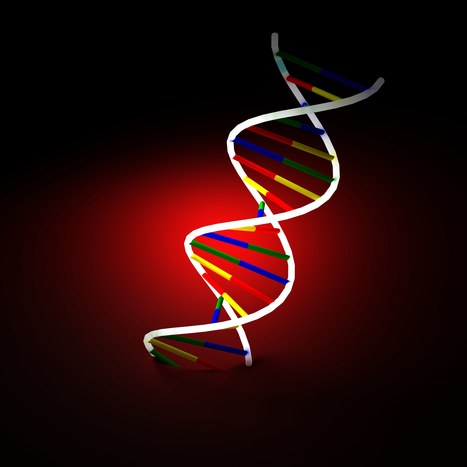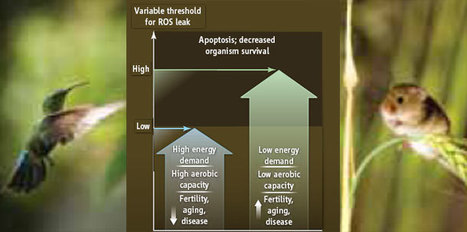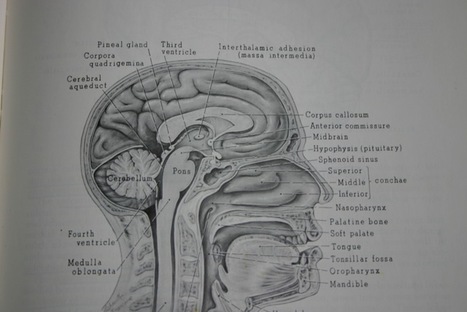This video is about whole genome sequencing. What is a genome? What are the basics of how whole genome sequencing works? What can you find out about yourself from getting your genome sequenced? And what are the potential benefits and risks? You might be considering getting your genome sequenced for clinical, research or personal reasons. Or you might just be curious and want to learn a bit more about this technology
Research and publish the best content.
Get Started for FREE
Sign up with Facebook Sign up with X
I don't have a Facebook or a X account
Already have an account: Login

 Your new post is loading... Your new post is loading...
 Your new post is loading... Your new post is loading...
|
|




















